
OR
Monetary Policy will further deepen liquidity crisis: FNCCI
Published On: July 26, 2022 04:20 PM NPT By: Republica | @RepublicaNepal

KATHMANDU, July 26: The Federation of Nepalese Chambers of Commerce and Industry (FNCCI), an umbrella organization of the Nepali private sector, has said that the current fiscal year’s monetary policy will create more pressure on liquidity which has already been witnessing a strain for the past eight months.
Governor of Nepal Rastra Bank, Maha Prasad Adhikari’s monetary policy announced on Friday has predicted a 7 percent lower credit flow this year compared to that seen last year. Therefore, the FNCCI, in an attempt to reduce consumption and increase liquidity in the market, has adopted a policy of raising the interest rate of loans.
In the statement issued by the FNCCI on Monday, it was disclosed that the monetary policy aims to control debts and reduce expenditures, rather than increase foreign exchange earnings.
FNCCI said that provisions such as reducing the interest rate of loans to the productive sector in comparison to that of other businesses, and continuing re-scheduling and re-loan facilities for businesses heavily affected by COVID-19 and small entrepreneurs were welcome. However, it mentioned that the monetary policy has failed to encourage the private sector as it lacks concrete measures to reduce the lack of capital in the market.
“The policy does not include specific measures for import substitution and export promotion. As private sector investment will also shrink due to the contractionary monetary policy, it will be challenging to achieve the economic growth rate of 8 percent targeted by the budget,” said the FNCCI.
According to the FNCCI, if the cash reserve ratio is increased from three percent to four percent, about Rs 50 billion will be deposited in the central bank. Similarly, if the statutory liquidity ratio is increased by two percent, more funds will go from banks to the central bank. An increase in bank rate from 7 percent to 8.5 percent will encourage an increase in interest rate as well. The federation is of the opinion that such policies will propel a rise in the interest rate and deteriorate the liquidity crisis in the market.
Similarly, since the deposits have not increased even when the banks have raised the interest rate, the federation believes that these provisions will only increase the interest rate on loans and create a situation where people will not be able to get approved loans due to the lack of investable funds. It says that this could have adverse impacts on projects in hydropower, tourism and other sectors.
The FNCCI said that although loans have become more expensive due to strict policies, it is not easy to keep inflation within the desired limits only through monetary instruments.
According to the federation, the amendments made in the stock market, which have been watched with great interest, have addressed small investors. Likewise, the risk weight of share loans up to Rs 2.5 million has been reduced from 150 percent to 100 percent.
However, the monetary policy has addressed the federation’s demand of differentiating between the credit flow in the productive and commercial sectors.
Similarly, the FNCCI said that provisions such as not charging pineal interest to entrepreneurs who have availed loans of up to Rs 50 million when extending their payment deadline from June/July to July/August and providing re-loan facilities for highly affected businesses will make it easier for small entrepreneurs. In addition, the FNCCI has also said that by linking refinancing with productivity, it should be continued in the export and production sector.
Likewise, the policy, which mentions that alternative financial sources will be made available for startups, does not say anything about providing project loans to small entrepreneurs. The federation has also asked for the implementation of project mortgages for creating a suitable environment for flourishing small enterprises that have a large share in exports and have the potential of contributing to import substitution.
The monetary policy specifies providing formal channels through which remittances can enter the country. It mentions providing card to card service. It is said that the results of such policies will be seen only if the guidelines made by the banks in the upcoming days can solve the problems. The FNCCI also appreciates the monetary policy for covering the issues of the green economy and digital payments.
Regarding the lack of investable funds in the market, it is mentioned in the policy that banks and financial institutions should bring funds from abroad, bring in foreign investments, and encourage savings from Non-Resident Nepalis. The federation complained that neither the budget nor the monetary policy could cover the issue of country rating as part of the government's policies and programs.
You May Like This
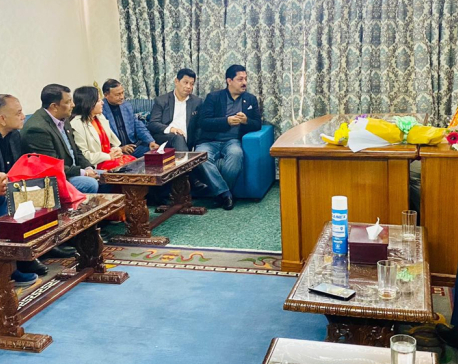
FNCCI delegation holds meeting with HoR Speaker Ghimire
KATHMANDU, Jan 22: A delegation of Federation of Nepalese Chamber of Commerce and Industries (FNCCI) on Sunday held a meeting... Read More...

Private sectors urge the government to take flexible policy during lockdown
KATHMANDU, June 3: Private sectors have slammed the government’s zero tolerance measures for taxpayers even as business activities have come to... Read More...

Party's name will be Nepal Communist Party after merger: Leader Nepal
KAILALI, Feb 9: CPN-UML leader Madhav Kumar Nepal said that the name of the new party after merger between CPN-UMLand... Read More...

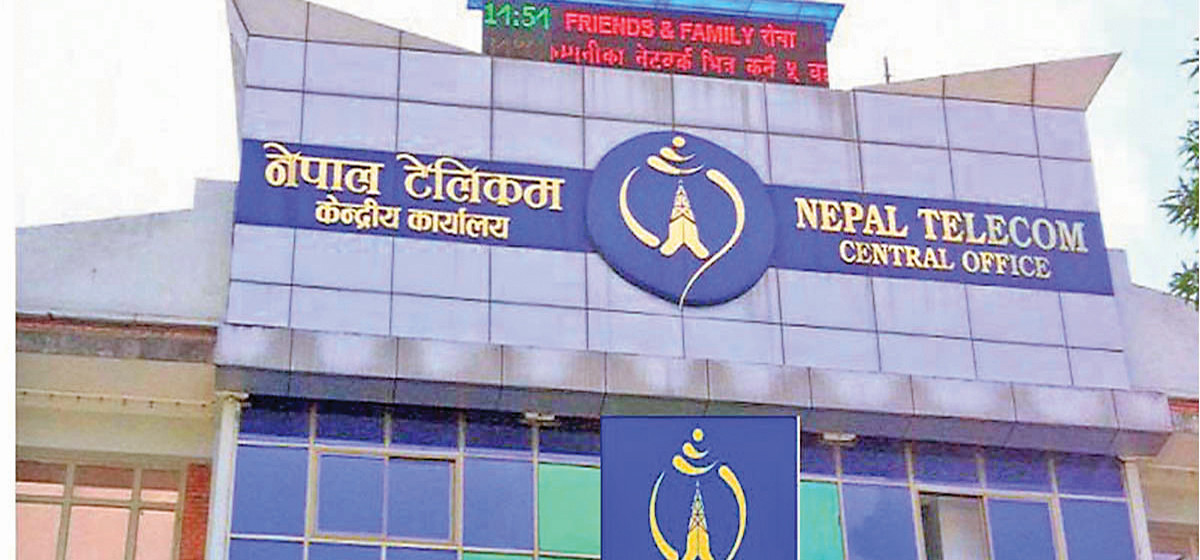


Just In
- India encroaches upon Nepali territory near Koshi Barrage in Sunsari
- No more scrunching your nose in modern public toilets built in Lalitpur
- Nepal's banking industry leads the region in female representation: IFC report
- India completes Maldives troop withdrawal
- Nepal, India must talk, resolve issues
- Hyundai launches first 'made in Nepal' vehicle assembly plant in Nawalparasi
- Two arrested with Rs 9.8 million of hundi cash after car chase by police from Singha Durbar
- SC refuses to issue interim order in petition against Koshi CM Karki




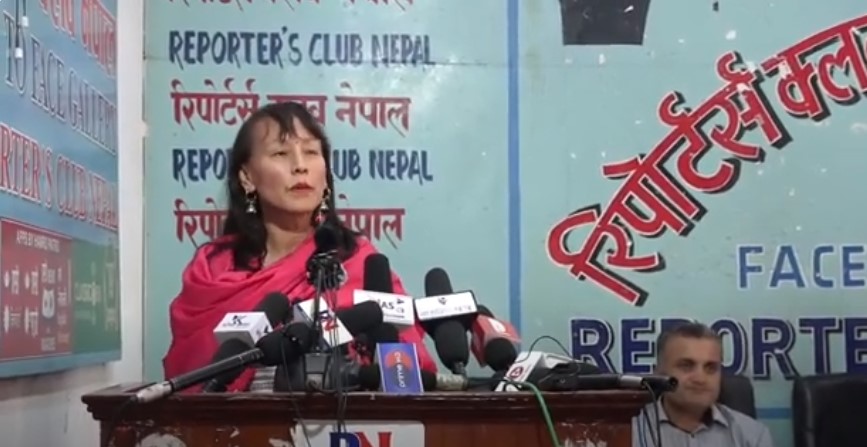

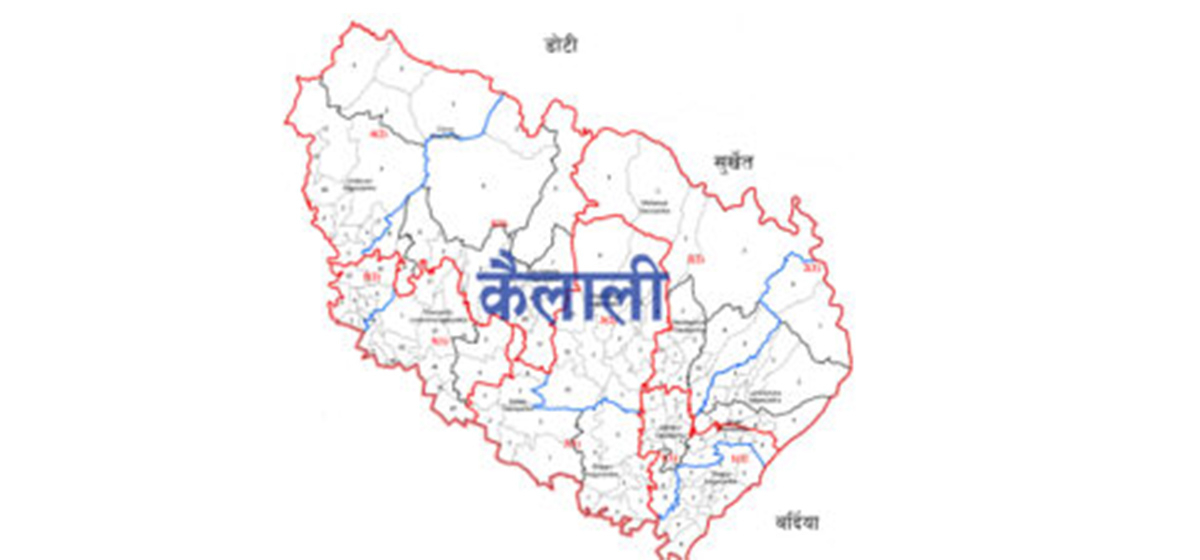
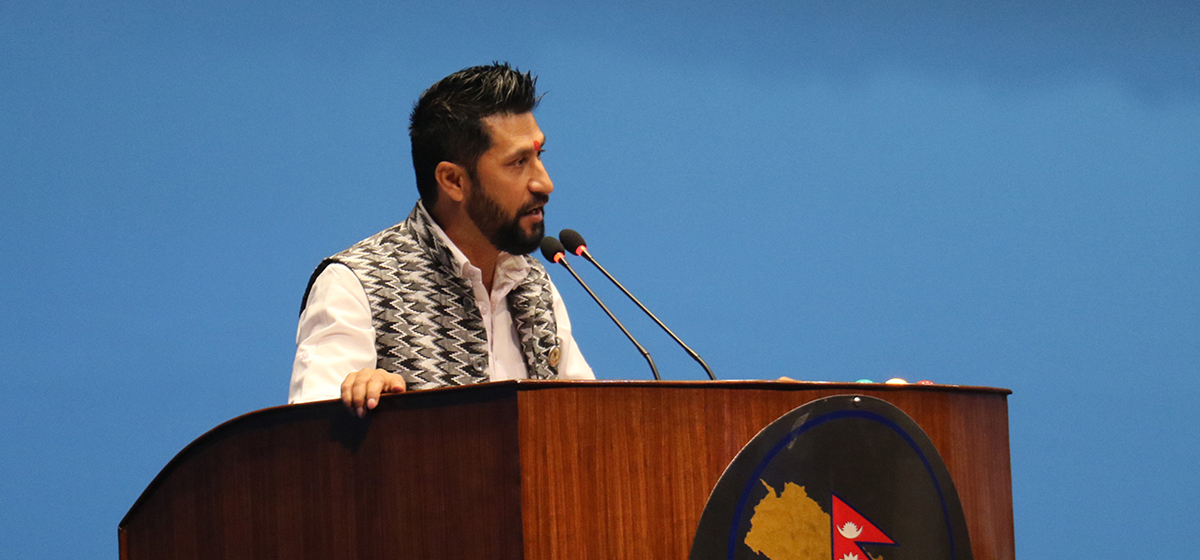





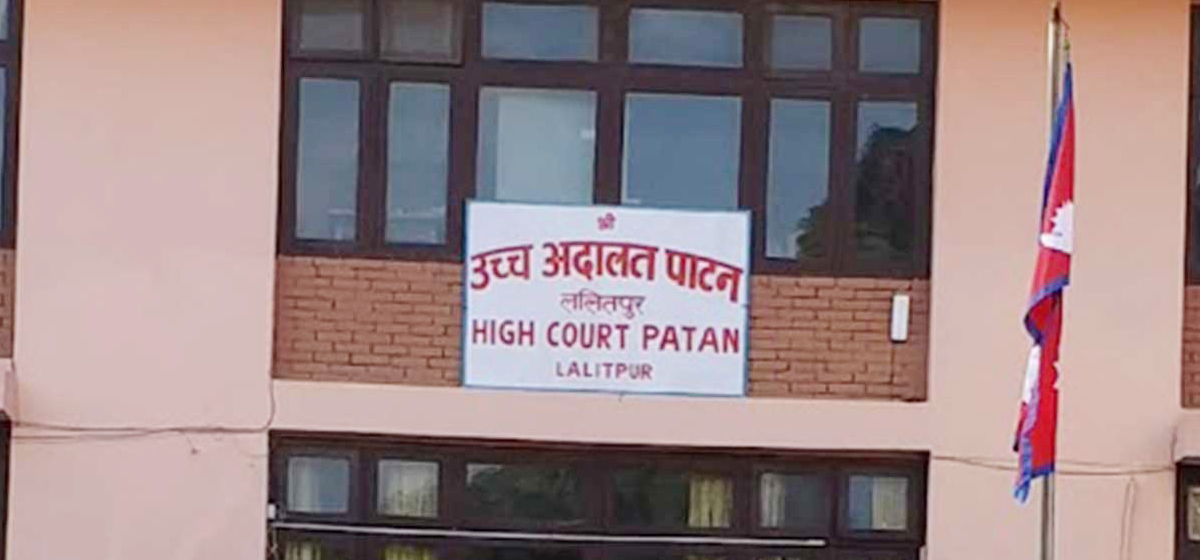
Leave A Comment